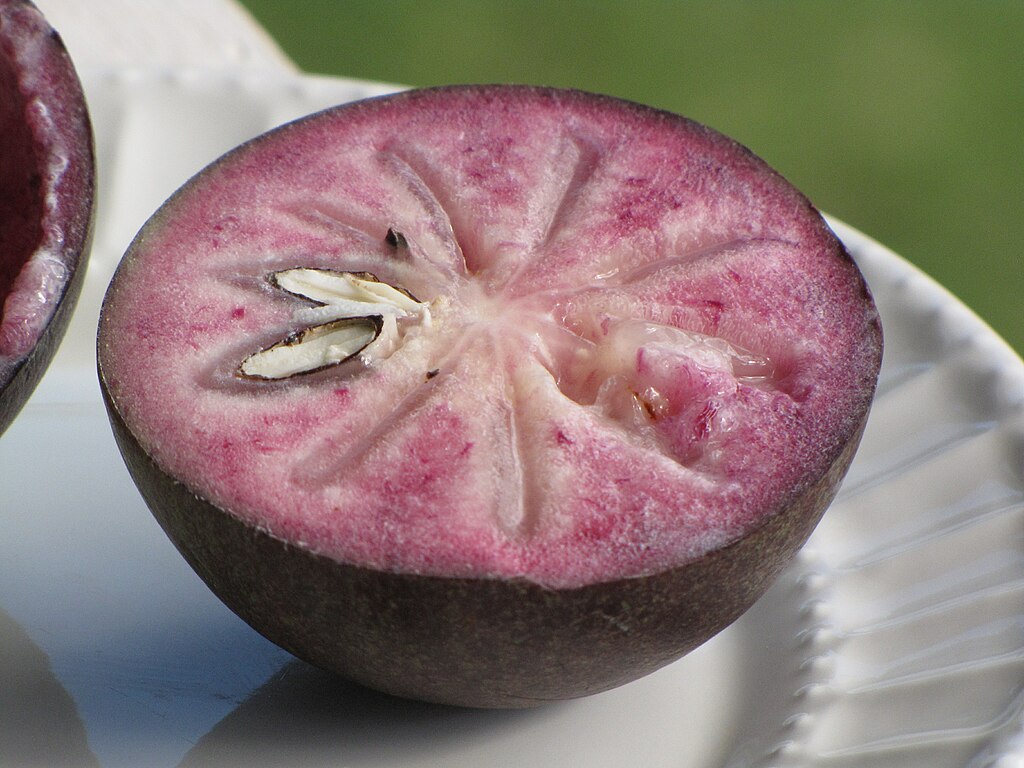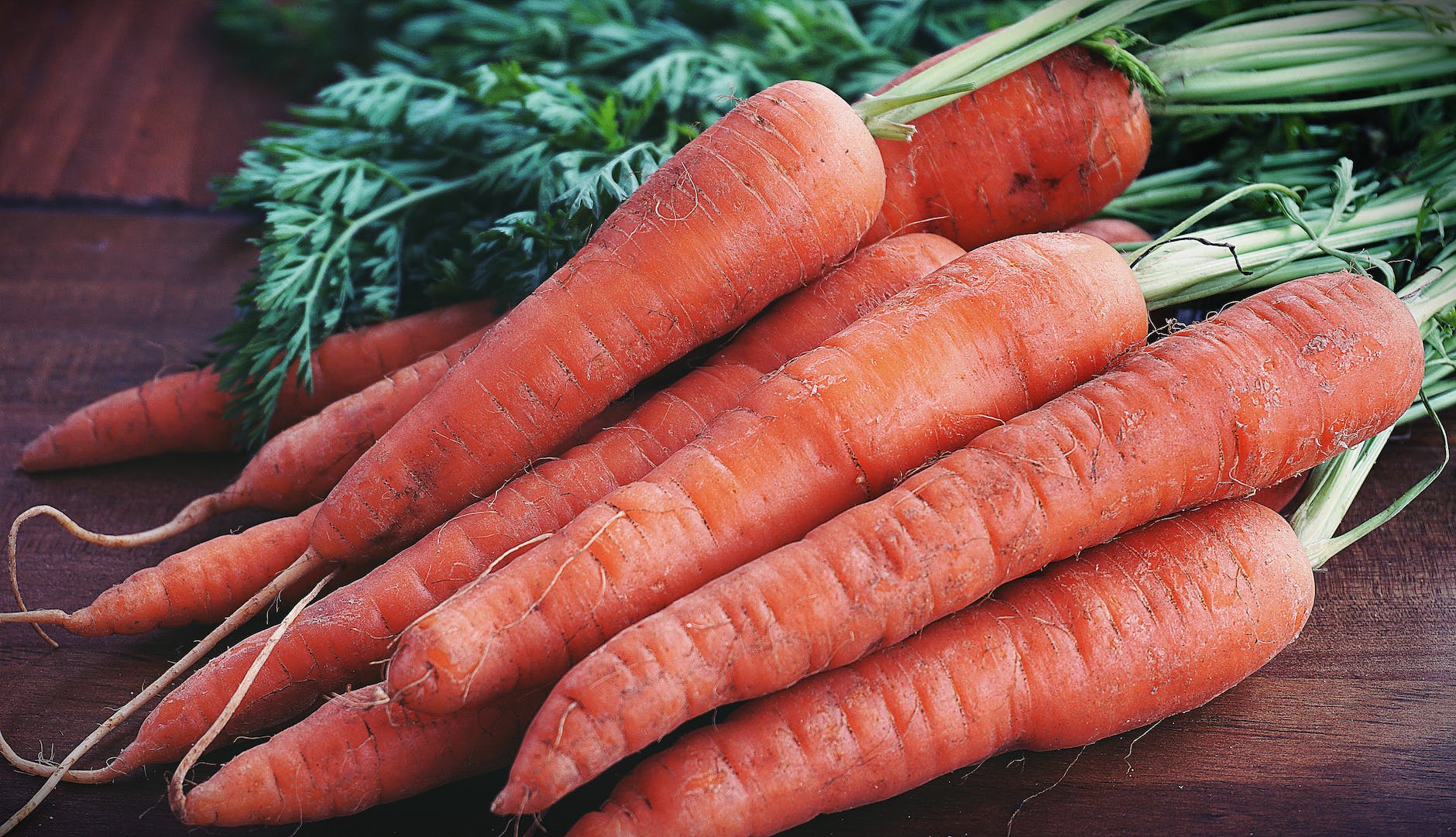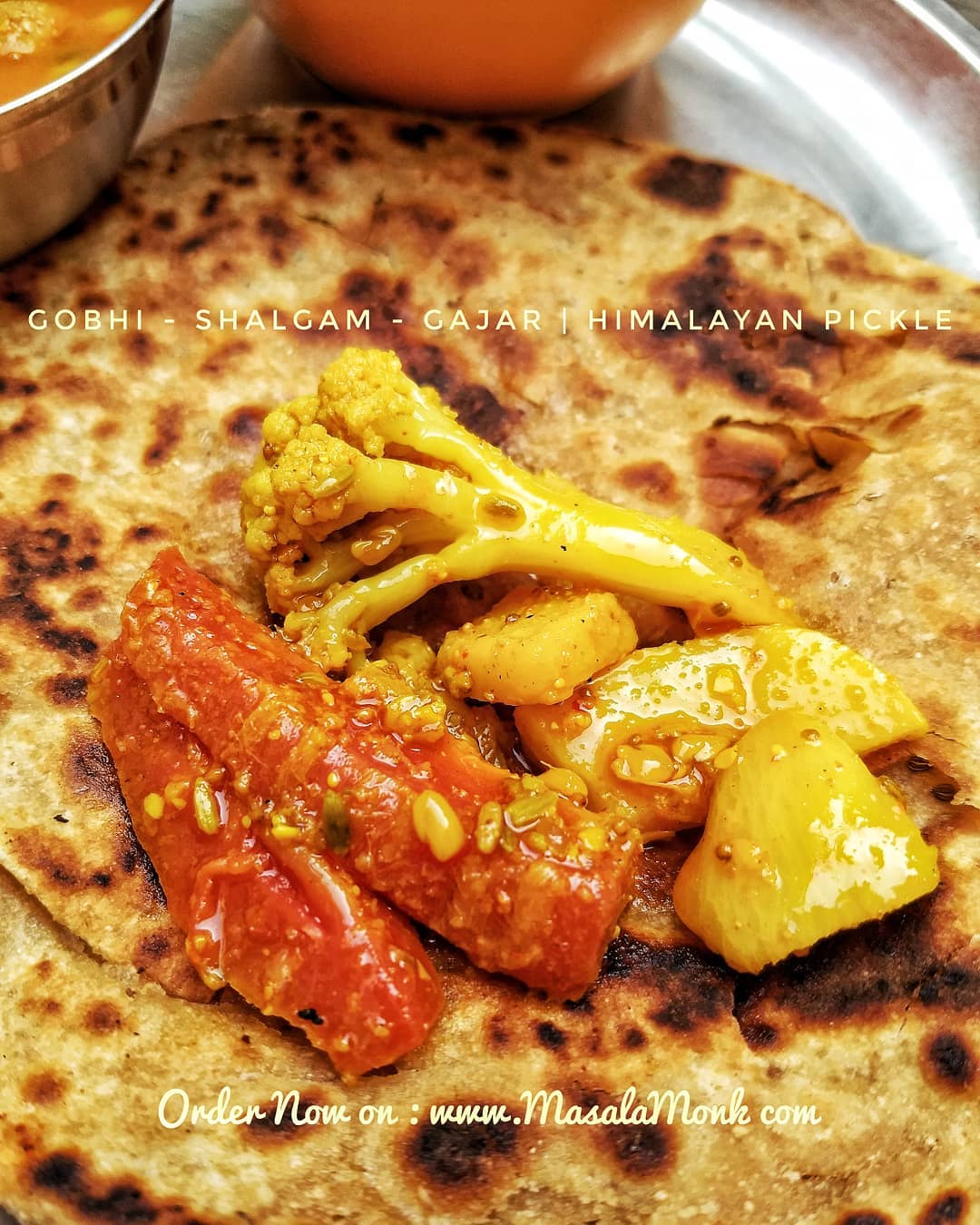In this exciting blog post, we’ll explore the wonderful world of yellow dragon fruit and uncover its remarkable benefits for your health and well-being. Known for its vibrant color and unique appearance, yellow dragon fruit not only delights the senses but also packs a powerful punch of nutrients. Get ready to dive into a world of flavor and discover the many reasons why yellow dragon fruit deserves a special place in your diet!
🌟 Rich in Antioxidants Yellow dragon fruit is loaded with antioxidants, which help protect your body against free radicals and oxidative stress. These antioxidants, including vitamin C, carotenoids, and flavonoids, contribute to overall health and may help reduce the risk of chronic diseases.
💛 Supports Immune Function With its high vitamin C content, yellow dragon fruit can give your immune system a boost. Vitamin C is essential for the production of collagen, a protein that supports the health of your skin, tissues, and immune system. Including yellow dragon fruit in your diet can help strengthen your body’s natural defense mechanisms.
🌟 Aids Digestion Yellow dragon fruit is an excellent source of dietary fiber, which plays a crucial role in maintaining a healthy digestive system. Fiber adds bulk to your stool, promotes regular bowel movements, and supports the growth of beneficial gut bacteria. Including yellow dragon fruit in your diet can help improve digestion and prevent common digestive issues.
💛 Promotes Hydration With its high water content, yellow dragon fruit is a refreshing and hydrating choice. Staying hydrated is essential for overall health, as it supports proper bodily functions, regulates body temperature, and aids in nutrient absorption. Enjoying yellow dragon fruit as a hydrating snack or adding it to smoothies can help you maintain optimal hydration levels.
🌟 Heart-Healthy Yellow dragon fruit contains several nutrients that promote heart health. It is low in cholesterol and sodium while being rich in monounsaturated fats, such as omega-3 and omega-6 fatty acids. These heart-healthy fats can help reduce bad cholesterol levels and lower the risk of cardiovascular diseases.
💛 Supports Skin Health The high vitamin C and antioxidant content of yellow dragon fruit can benefit your skin health. Vitamin C is essential for collagen synthesis, which promotes skin elasticity and helps maintain a youthful appearance. The antioxidants in yellow dragon fruit also protect against skin damage caused by free radicals and environmental factors.
🌟 Potential Blood Sugar Regulation Yellow dragon fruit has a low glycemic index, meaning it doesn’t cause a rapid spike in blood sugar levels. This makes it a suitable fruit option for individuals managing diabetes or those looking to regulate blood sugar levels. However, it’s essential to consume yellow dragon fruit in moderation as part of a balanced diet.
💛 How to Enjoy Yellow Dragon Fruit Yellow dragon fruit is incredibly versatile and can be enjoyed in various ways. Here are a few ideas:
- Fresh and Simple: Slice the yellow dragon fruit in half and scoop out the flesh with a spoon. Enjoy it as a refreshing snack on its own or add it to fruit salads for added flavor and vibrance.
- Smoothies and Juices: Blend yellow dragon fruit with your favorite fruits and vegetables to create delicious and nutrient-packed smoothies or juices. The vibrant color and tropical flavor of yellow dragon fruit will enhance your drink creations.
- Salads and Salsas: Dice yellow dragon fruit and add it to salads or salsas for a burst of sweetness and texture. It pairs well with ingredients like avocado, cucumber, lime, and cilantro.
- Desserts: Get creative with yellow dragon fruit by incorporating it into desserts like sorbets, ice creams, or fruit parfaits. Its vibrant color will add visual appeal to your sweet treats.
Remember to choose ripe yellow dragon fruit, which will be slightly soft to the touch and have bright, vibrant skin. Enjoy this nutritious fruit as part of a well-balanced diet to reap its many benefits.
🌟💛 Yellow dragon fruit is a true gem among fruits, offering a wide range of health benefits and adding a burst of color to your meals. Incorporating this vibrant fruit into your diet can support your overall well-being, from boosting your immune system to promoting hydration and aiding digestion. Get ready to embrace the vibrant world of yellow dragon fruit and experience its many wonders firsthand!













